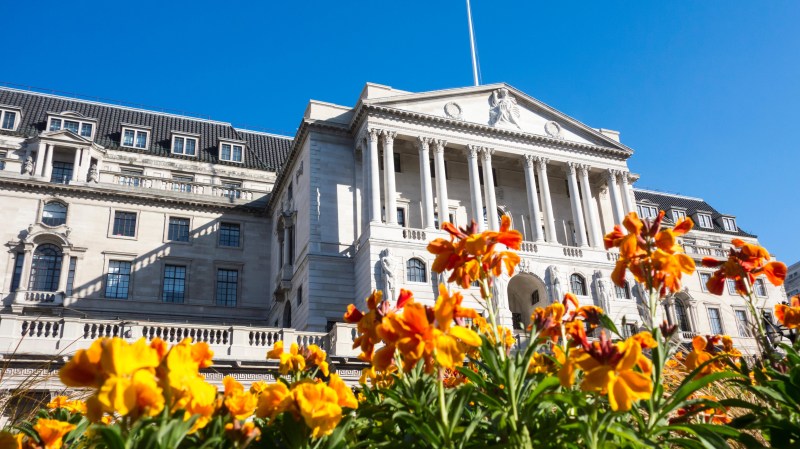Alan Taylor to replace Jonathan Haskel as Bank ratesetter
The government has appointed Alan Taylor as Jonathan Haskel’s replacement on the Bank of England’s ratesetting committee.
Taylor, a professor at Columbia University in New York who has advised some of the world’s largest financial institutions, will join the Bank’s monetary policy committee as an external member on a three-year term on September 2, meaning that he will participate in the Bank’s next interest rate decision.
Haskel, 61, also an external member, leaves after five years, having joined in September 2018.
Taylor, 59, will join a sharply divided MPC, with two groups forming based on how quickly they believe interest rates should fall and how stubborn inflation may be.
His view on interest rates is not entirely clear, although, in research published by the Federal Reserve Bank of San Francisco in September 2023, he and other researchers said that tight policy could hold back an economy’s growth rate for at least 12 years. He also helped to produce a study that predicted pandemics would raise the neutral level of interest rates by curbing labour supply, a view that has been adopted by many since Covid-19.
“Professor Alan Taylor’s substantial experience in both the financial sector and academia will bring valuable expertise to the monetary policy committee,” Rachel Reeves, the chancellor, said.
Taylor is a professor of international and public affairs at Columbia. He also has been a senior advisor to leading financial institutions, including Morgan Stanley and PIMCO. Born in Wakefield, West Yorkshire, he attended the local grammar school before winning a place at King’s College, Cambridge. He later completed a doctorate in economics at Harvard University.
Reeves thanked Haskel “for all his work since he joined the monetary policy committee”. Over the past year he has positioned himself as one of the Bank’s prominent hawks. He has often voted to increase interest rates when others have opted to leave them unchanged and to hold them when others wanted to cut them.

He is also a professor of economics at Imperial College Business School in London and recently had a book published, Restarting the Future: How to Fix the Intangible Economy, written with Stian Westlake, examining the role of intangible assets in driving growth.
At the MPC’s last meeting on August 1, Haskel voted to keep the base interest rate unchanged at 5.25 per cent, joined by Catherine Mann, another external MPC member seen as the most hawkish in the group, Huw Pill, the chief economist, and Megan Greene. They were narrowly outvoted, with five members of the MPC, including Andrew Bailey, the governor, backing a quarter-point cut to 5 per cent.
Robert Wood, at Pantheon Macroeconomics, the consultancy, said: “Because Haskel was one of the most hawkish members this will likely shift the balance of views on the MPC in a doveish direction”.






